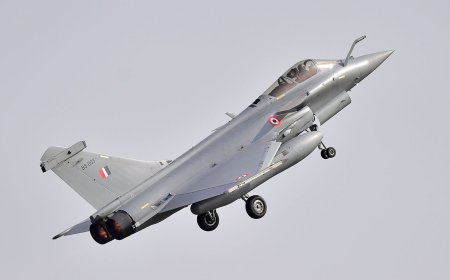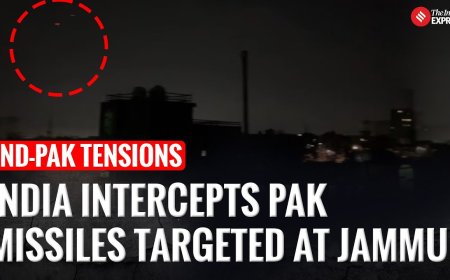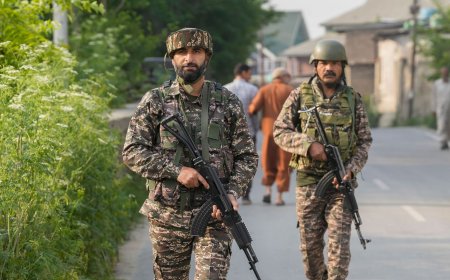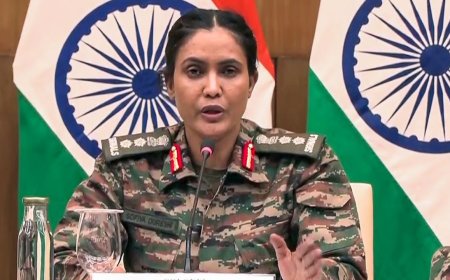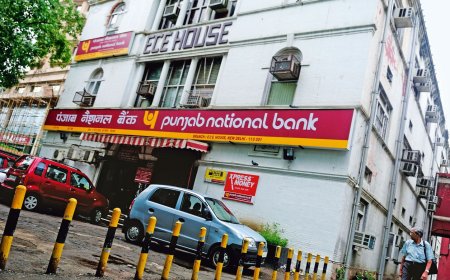Is Maharashtra Headed Toward an Opposition-Free State?
As Maharashtra heads into the 2025 elections, the opposition faces an existential crisis while the BJP-led alliance strengthens. Read an in-depth analysis of the state's changing political dynamics.
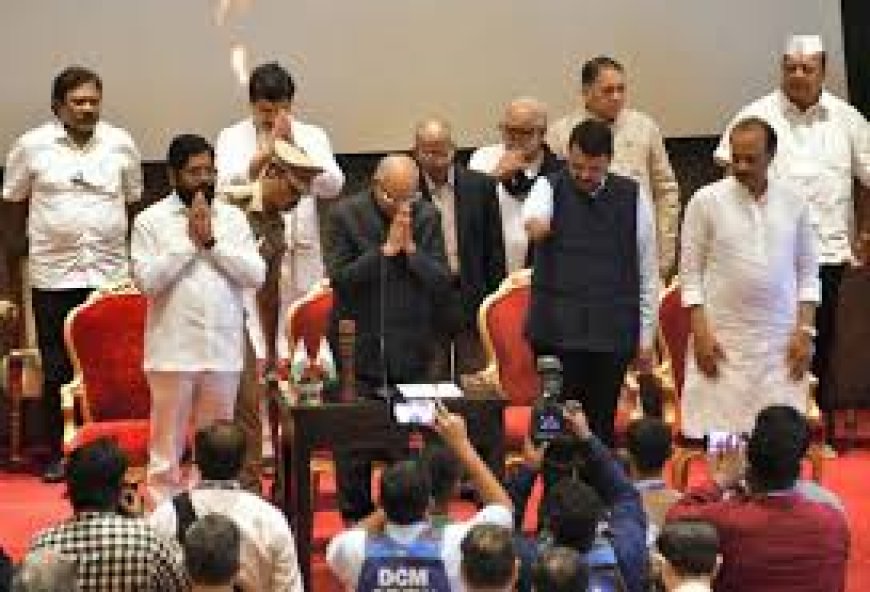
Mumbai, June 23, 2025 — With the upcoming Maharashtra Assembly elections looming large, the state’s political landscape appears to be shifting dramatically. From strategic defections to weakened alliances and a bolstered ruling coalition, the political narrative of an “Opposition-mukt Maharashtra” is no longer just rhetoric—it’s fast becoming a tangible reality.
Fragmented Opposition, Strengthened Ruling Coalition
The state’s opposition, once a formidable force comprising the Maha Vikas Aghadi (MVA)—a tripartite alliance of the Shiv Sena (UBT), Nationalist Congress Party (Sharad Pawar faction), and the Indian National Congress—is now struggling to maintain a united front.
After a series of defections and internal rifts, especially within the Shiv Sena and NCP, the Bharatiya Janata Party (BJP) and its allies have seized the opportunity to consolidate power. The Eknath Shinde-led Shiv Sena (recognized as the official Sena by the Election Commission) and the Ajit Pawar-led NCP faction have swung decisively in favor of the BJP, forming a triple-engine government that is leaving the Opposition gasping for breath.
“Political realignments are not new, but the rapid weakening of the opposition bloc in Maharashtra is unprecedented,” said Dr. Anjali Deshmukh, a political analyst at Mumbai-based Lokniti-CSDS. “What we’re witnessing could be the beginning of a one-party dominant phase in the state.”
A Long March to Disempowerment?
The term “Opposition-mukt Maharashtra” (Opposition-free Maharashtra), which once seemed a political exaggeration, now finds resonance in the halls of Mantralaya. Multiple senior leaders from the Congress and Sharad Pawar’s NCP have either defected or are reportedly in backchannel talks with the ruling alliance.
The situation worsened after the 2024 Lok Sabha elections, where the BJP-led NDA won a sweeping majority of the state’s 48 seats, further demoralizing the opposition rank and file.
“The writing on the wall is clear,” said Rohan Kale, editor of Statecraft Weekly. “Without a common ideological plank and with power-centric politics dominating the Opposition camp, they are becoming easy prey to a well-organized BJP machinery.”
Electoral Math and the BJP's Masterplan
From a strategic standpoint, the BJP's plan to fragment the opposition and consolidate the state under its political umbrella is proving to be effective. By co-opting popular leaders and exploiting intra-party fissures, it has ensured that the MVA struggles with leadership crises and public credibility.
“The BJP is playing the long game. They're not just contesting elections—they're managing optics, governance narratives, and using political leverage smartly,” said Sandeep Thorat, a former election strategist. “This has made their alliance extremely potent while pushing the Opposition to the fringes.”
Investor and Business Sentiment
The political stability and continuity offered by a near Opposition-free government is being seen as a positive by investors and corporate stakeholders. Maharashtra, being India’s most industrialized state, holds significant sway in sectors like manufacturing, fintech, pharma, and infrastructure.
“With political uncertainty reducing, we expect smoother policy implementation,” said Ritesh Shah, Managing Director at Shah & Partners Equity Consultants. “Whether it’s infrastructure, logistics parks, or green energy corridors, the state is poised for higher FDI inflows if governance remains stable.”
However, some caution against unchecked majoritarianism.
“Democracy requires dissent. A weak opposition can be dangerous in the long run,” noted Shweta Arora, Senior Economist at Mahindra Finance. “Investors prefer stability, but not at the cost of accountability.”
Public Pulse: Between Stability and Democratic Pluralism
On the ground, voter opinion is deeply divided. While many urban and semi-urban voters appreciate the continuity and decisiveness of a strong government, rural constituencies remain wary of the neglect of local issues in the absence of a vocal opposition.
Youth voices, especially first-time voters, have shown disillusionment with the traditional opposition parties, perceiving them as dynastic and out of touch.
“The Congress doesn't connect with our generation,” said Sameer Jadhav, a 22-year-old college student in Pune. “They talk big but lack action. At least the BJP tries to show results.”
Outlook: Is Opposition Irrelevance Sustainable?
While the current trajectory suggests an Opposition-mukt Maharashtra, political watchers warn that history shows pendulum swings. A failure to deliver on promises, misgovernance, or unpopular reforms can quickly resurrect public anger and revitalize dormant political forces.
Moreover, legal challenges to disqualifications, EC recognitions, and seat-sharing disputes ahead of elections could reshape alliances in unpredictable ways.
“Democracy is never linear,” said Prof. Vidya Borkar, Head of Political Science at Mumbai University. “Maharashtra has a rich history of political churn, and underestimating the voter’s ability to recalibrate is risky.”
As Maharashtra marches toward the 2025 Assembly polls, the absence of a coherent and credible opposition may offer short-term political convenience to the ruling dispensation. But the long-term health of its democracy may yet depend on whether the voices of dissent—however fragmented—can regroup and resonate with a new political idiom.
The state watches. The nation waits.
What's Your Reaction?
 Like
0
Like
0
 Dislike
0
Dislike
0
 Love
0
Love
0
 Funny
0
Funny
0
 Angry
0
Angry
0
 Sad
0
Sad
0
 Wow
0
Wow
0





























































